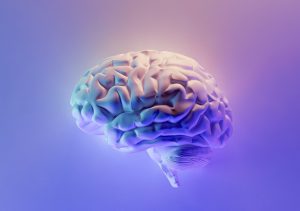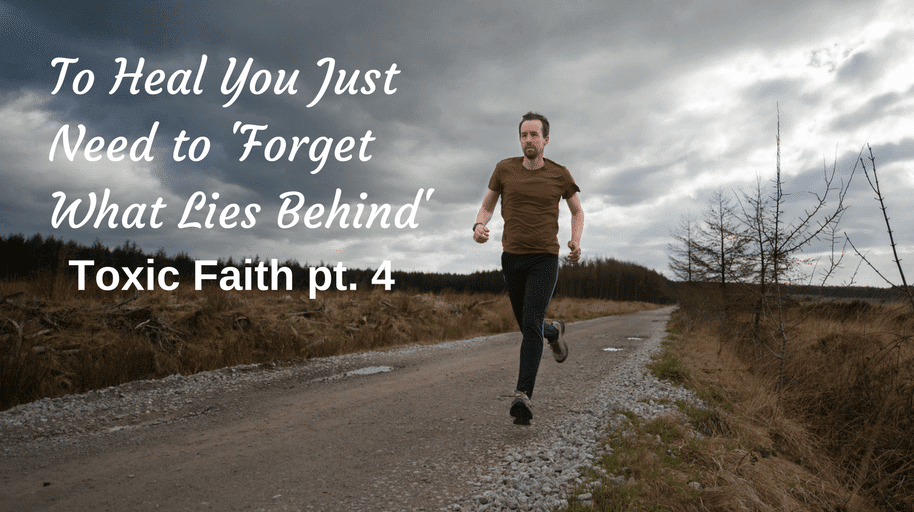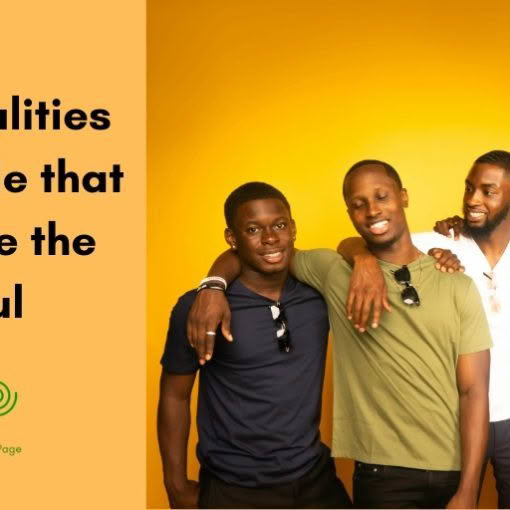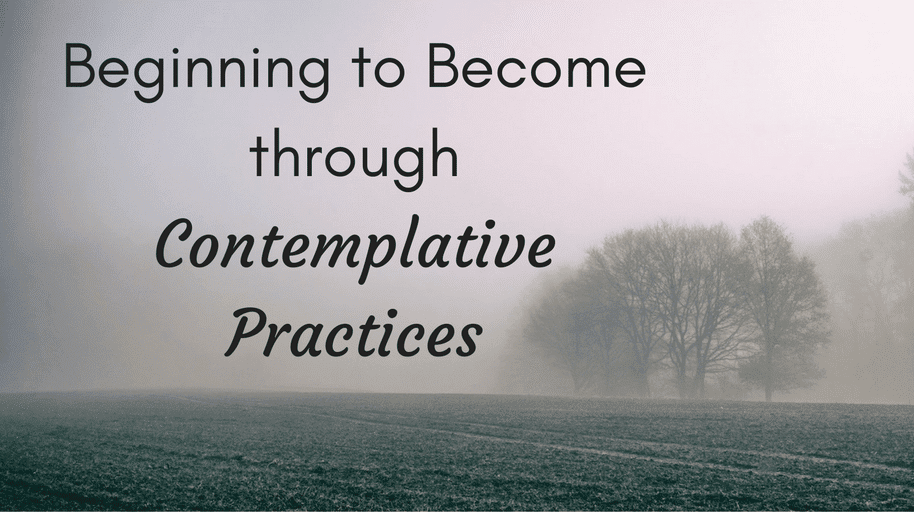If you always do what you’ve always done,
you’ll always get what you’ve always got.
Henry Ford.
To change, it may feel like you’re driving on the wrong side of the road.
It all made sense.
I began to understand how the brain changes and that to learn something new will often feel you’re going against everything you believed to be true.
Like learning to drive on the wrong side of the road.
It takes time and persistence, but in the end, you will get there
Part of the change process is learning how to drive on the supposedly wrong side of the road to which you usually do so.
The priority of your feelings are to be safe and comfortable,
but the divine priority for your life is to risk and grow.
Which will it be? David Riddell
From Zambia to Angola – the wrong side.
A counselor friend of mine once described his experience of driving in the country of Zambia. In Zambia, they drive on the left-hand side, similar to New Zealand. However, the challenge came when he and his wife traveled from Zambia (left-hand side of the road) to Angola (right-hand side of the road).
Right on the border, they had to steer their car onto the other side of the road.
Everything in their brain was screaming this was wrong, dangerous, foolish.
There was a level of anxiety as they crossed the road at the border.
He had to keep saying to himself, ‘Keep right, keep right, keep right.’
His wife beside him would encourage him and watch out for any momentary lapses of concentration and drifting.
After driving for many days on the right-hand side of the road, the brain began to accept this as the new normal.
It had created new neurological pathways that kept them safe. It was hard at the start, but with repeated experiences, the brain changed its physical structure.
I’m so glad the brain is plastic and not concrete.

The brain is plastic.
One of the marvels of modern brain science is the discovery of how plastic our brains are. Plastic in the sense that it can change and learn new ways of being.
Learning to drive on the other side of the road is but one example.
We can also learn a new language, take up a different career, change our perspective on life.
One of my favorite authors about brain science is Norman Doidge
Neuroplasticity is the property of the brain that enables it to change its own structure and functioning in response to activity and mental experience.
While we have yet to understand exactly how thoughts actually change brain structure, it is now clear that they do, and the firm line that Descartes drew between mind and brain is increasingly a dotted line.
As we age and plasticity declines, it becomes increasingly difficult for us to change in response to the world, even if we want to. We find familiar types of stimulation pleasurable; we seek out like-minded individuals to associate with, and research shows we tend to ignore or forget, or attempt to discredit, information that does not match our beliefs, or perception of the world, because it is very distressing and difficult to think and perceive in unfamiliar ways.
Psychotherapy works by going deep into the brain and its neurons and changing their structure by turning on the right genes. Psychiatrist Dr. Susan Vaughan has argued that the talking cure works by “talking to neurons,” and that an effective psychotherapist or psychoanalyst is a “microsurgeon of the mind” who helps patients make needed alterations in neuronal networks.
I love that idea of being a “microsurgeon of the mind.” It fits well with my ‘millimeter ministry’ concept of change.
Your brain is not concrete. It’s plastic. It can change and form new patterns.
The Invite of Christ
Jesus crossed the border and entered a world where everyone was driving on the wrong side of the road. Everyone was doing their own thing.
For Jesus, Kingdom living was one where you cared for the poor and the needy. Where you washed lepers feet, you loved others as you loved yourself. You expressed love to an outcast woman, gave purpose to a man rejected by the crowd. Loved your enemies. Meals eaten with the smelly outcasts.
It was upside down to what everyone’s brain structure had been conditioned to believe as true and right.
His divinely perfect way of thinking was constantly driving into the opposing traffic. Eventually, it took him out.
A few people got the new driving style and got their Kingdom driving license, but most walked away when the learning process got too hard and challenging.
Some would accept some of Christ’s driving instructions, the ones that didn’t cost them too much, but for the most part, they stayed in their lanes and tried to avoid Jesus and his driving.
The Christ still invites us to drive our lives in a way that seems opposed to everything our brains are conditioned to believe is true.
I have found that the more in opposition to the invite, the more it might speak to a Kingdom driving style.
Example. Most writers and course creators on the internet sell their books in a typical fashion, of this product costs this amount of money. A simple exchange of dollars for time. It’s how the world works—an easy, clean, understandable exchange of energy.
I, for a long time, have been trying this approach. But I have always struggled with knowing that some of the people I think would genuinely find it helpful would not access the content.
They may not have the money, perhaps technology might be complex, or someone is looking at the bank accounts, and they don’t want it to be seen they are purchasing certain products.
I don’t want any barriers to stop people from getting the help they need.
So everything is Pay What You Want (including free)—all books, courses, conversations.
What an Upside-Down, Back to Front, Driving on the wrong side of the road, way of doing things.
You see, I am trusting in a God of expanding provision to provide for my needs. Some people give a little, and some people give a lot. I am thankful for both.
It took me a long time of repeatedly training the brain to drive in opposition to some firmly held beliefs, but the freedom of generosity is immense and easy. No one goes away hungry.
I have other driving habits that the Christ continues to sit in the navigator’s seat and guides me on.
When I believe my feelings and those feelings misrepresent reality,
I am headed for a self-referential pit that will get deeper and darker
as I dig myself into my homemade delusion. David Riddell
The driving habit of your brain
That story about my counseling friend changing his driving habits from Zambia to Angola has helped me profoundly change my thinking habits.
I remember him telling me about it and then encouraging me to develop a Thinking Compass.
A place where I could store up new thinking habits and insights that would help to drive on the Kingdom side of the road.
Some of the most significant are these
- What I focus on gets me.
Focus on the negatives/ challenges will always take me down
Focus on the positive/good things will always give me hope. - Since every destination starts as a thought, I focus on where I want to go.
- I design my life and build my future thought by thought.
- The subconscious can be reprogrammed through cognitive reassessments
- A feeling of hopelessness, no matter how strong, is an echo and perception from the past and is not how things really are.
- No mood can resist the right truth at the right time.
- My feelings are merely reflecting what my heart believes.
- The thoughts I indulge, grow stronger. The thoughts I acknowledge and put in their place lose their power to discourage me.
I have adapted these and others. I now listen to them every day as part of my ‘Digging myself out of my hole’ process.
This may sound too ‘positive thinking’ and ‘name it and claim it’ type stuff. It’s not.
People just like yourself do this all the time. People learn to drive on the supposedly ‘wrong side’ of the road all the time and make significant, deep, and long-lasting changes.
You are the “microsurgeon of the mind.”
Focus on the Millimetres
It’s a millimeter ministry of brain change. In fact, it’s more likely a micrometer ministry, the size of one of our brain cells. It’s the repeating of ‘what wires together fires together.’
You are the one responsible for the wiring of your brain, and the invite is to change the direction of your life by one neuron at a time.
It will feel like you’re driving on the wrong side of the road because, in a sense, you are.
Your brain will want you to shift back to what feels normal, safe, comfortable, but over time with persistence and encouragement, slowly, the brain will rewire itself to the new.
It will probably take around 63 days to rewire new beliefs into your brain, but in fact, it’s a lifetime road trip 😊 🚗
Find out more about how to do this in the course ‘Digging Yourself Out of Your Hole.’
Start by creating your very own Thinking Compass.
Quotes to consider
- In order to oppose the influence and direction of one’s old feelings, a rational mind first needs a very good reason. Without truth to reassure, change isn’t possible. David Riddell
- Mental passivity, once identified, needs to be actively opposed by questioning everything. Initiative and learning are like a muscle. They must be exercised regularly to work well. David Riddell
- Your concept of yourself can oppose God’s ability to help you. He cannot violate it to change you without raping your identity. Eventually, we must go to Him to discover who we are. David Riddell
- To achieve radical change, I need to call some of my feelings’ liars’ and choose to side with truth against my own emotions, until my feelings come around. David Riddell
- If it’s been learned, it can always be unlearned. E.g., ways of coping, personal habits, survival kits, and nasty addictions.
- Believing all of my emotions is the shortest way into the loop of insanity. First, the truth, then faith in the truth, then the feelings will come around. David Riddell
- Some people will deliberately ‘shoot themselves in the foot’ in order to get back familiar feelings of failure because ‘familiar’ always feels safer. David Riddell
- When I believe my feelings and those feelings misrepresent reality, I am headed for a self-referential pit that will get deeper and darker as I dig myself into my homemade delusion. David Riddell
- My feelings may in fact only be leftovers of another time, another place, another person; but have those feelings ever been told that it’s over? (That was then, this is now.) David Riddell
- The priority of your feelings are to be safe and comfortable, but the divine priority for your life is to risk and grow. Which will it be? David Riddell
- Some feelings are just habits from childhood circumstances. Feeling left-out, inadequate or misjudged are often only ghosts from the past. David Riddell
- Get control of your feelings before your feelings get control of you. Emotions are not a reliable guide to how things are. David Riddell
- For me to begin my journey toward healing I must first make a commitment to be on my own team; the world is cruel enough without me going against my successes. Andrew Bauman
Questions to answer
- Have you had to drive on the opposite side of the road? What was it like? How long did it take to fully adjust to this new way of driving?
- Can you think of an example where you have had to oppose all your natural inclinations and habits and learn something new?
- Which quote above seems to challenge or connect with you the most? Create a habit where you read it every day for the next 63 days and see what happens in your thinking and behaviour?
Further reading
Barry Pearman
Photo by Bogdan Kozlovskyi on Unsplash





